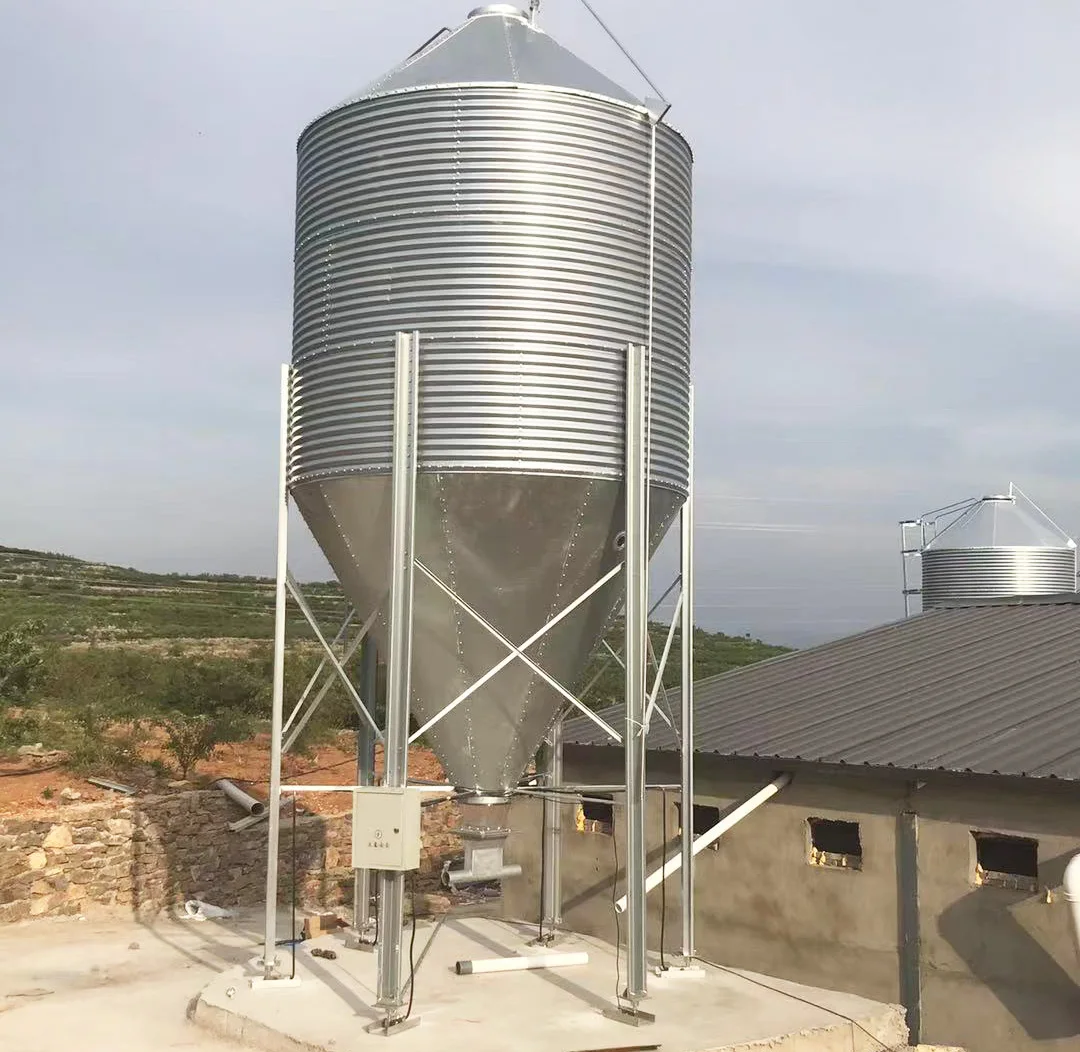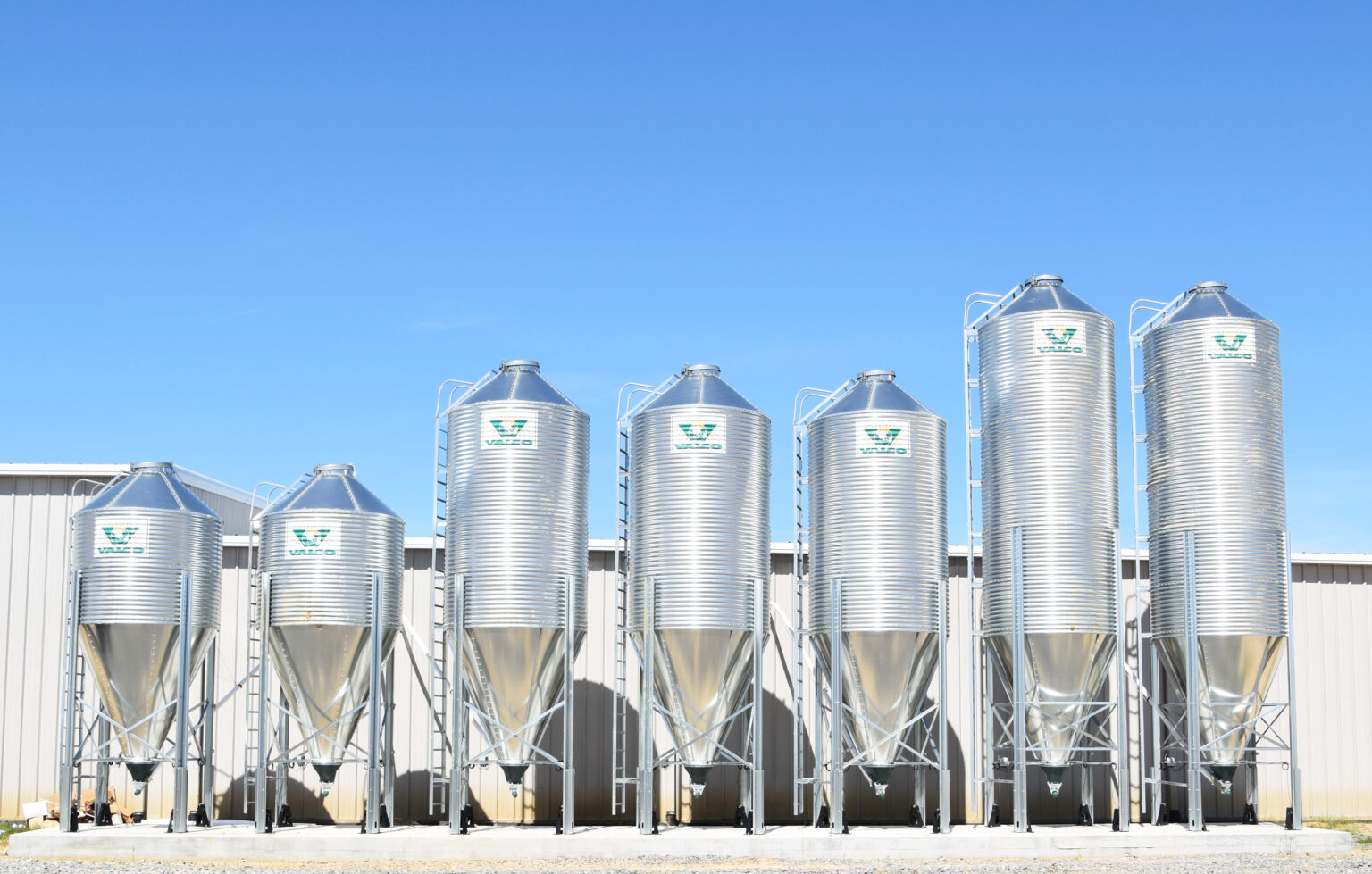Feed Storage Pest Control for Your Horse’s Food

Proper storage of horse feed is crucial to maintain its nutritional value and prevent contamination by pests. Pests such as rodents, insects, and mold can compromise the quality of feed, leading to health issues in horses. This article explores effective strategies to control pests in feed storage areas, ensuring your horse’s food remains safe and nutritious.
Common Pests Affecting Horse Feed
| Pest Type | Description | Risks to Feed and Horses |
|---|---|---|
| Rodents | Mice and rats attracted to grains | Contaminate feed with droppings and urine; spread diseases |
| Insects | Beetles, weevils, and moths | Lay eggs in feed; larvae consume grains; cause spoilage |
| Mold | Fungi growing in damp conditions | Produce mycotoxins harmful to horse health |
Best Practices for Pest Control in Feed Storage
1. Choose the Right Storage Location
- Store feed in a cool, dry, and well-ventilated area to prevent moisture buildup.
- Avoid direct sunlight which can degrade feed quality.
2. Use Proper Containers
- Utilize airtight, rodent-proof containers made of metal or heavy-duty plastic.
- Label containers clearly to avoid prolonged storage and spoilage.
3. Maintain Cleanliness
- Regularly clean storage areas to remove spilled feed and debris.
- Dispose of old or moldy feed promptly.
4. Implement Pest Monitoring
- Set traps and inspect storage areas frequently.
- Use natural repellents or safe insecticides as needed.
5. Rotate Feed Stock
- Practice first-in, first-out (FIFO) to ensure older feed is used before newer batches.
Table: Summary of Pest Control Measures
| Measure | Description | Benefits |
|---|---|---|
| Airtight Containers | Prevent pest entry and moisture | Keeps feed fresh and uncontaminated |
| Clean Storage Area | Removes attractants and breeding sites | Reduces pest population |
| Regular Inspection | Early detection of infestations | Allows timely intervention |
| Proper Ventilation | Controls humidity | Prevents mold growth |
Frequently Asked Questions (FAQ)
Q1: How can I tell if my horse feed is infested with pests?
- Look for signs such as unusual odors, visible insects, webbing, or clumps indicating mold.
Q2: Are there safe pest control products for use around horses?
- Yes, use products labeled safe for equine environments and follow manufacturer instructions carefully.
Q3: How often should I clean the feed storage area?
- Ideally, clean the area weekly and inspect daily for any signs of pests.
Q4: Can I store horse feed outside?
- It’s not recommended due to exposure to moisture and pests; if necessary, use sealed containers and elevated storage.
Conclusion
Effective pest control in feed storage is essential for maintaining the health and well-being of your horse. By following these best practices, you can protect your feed from contamination and ensure your horse receives high-quality nutrition every day.
